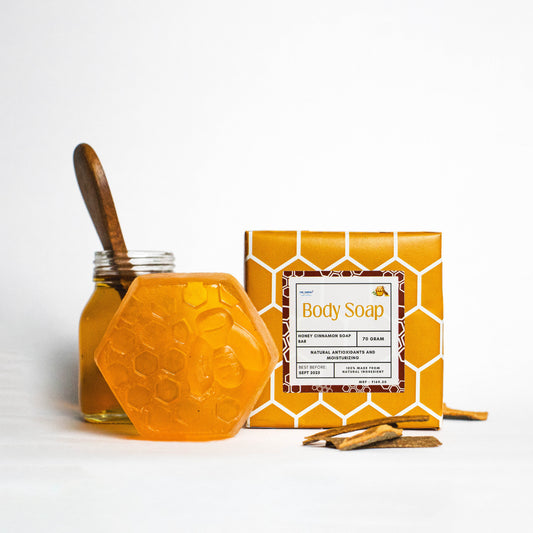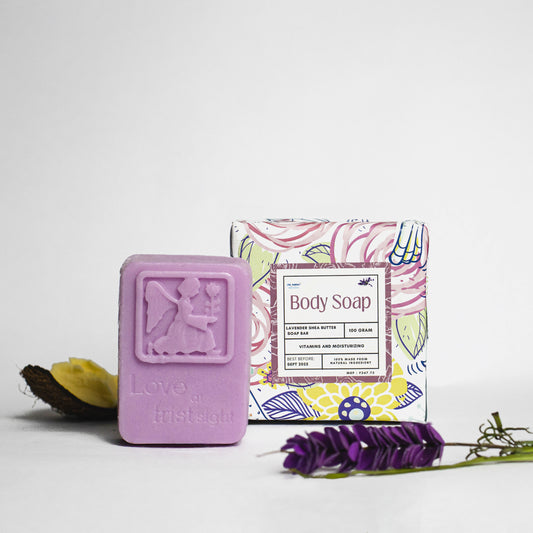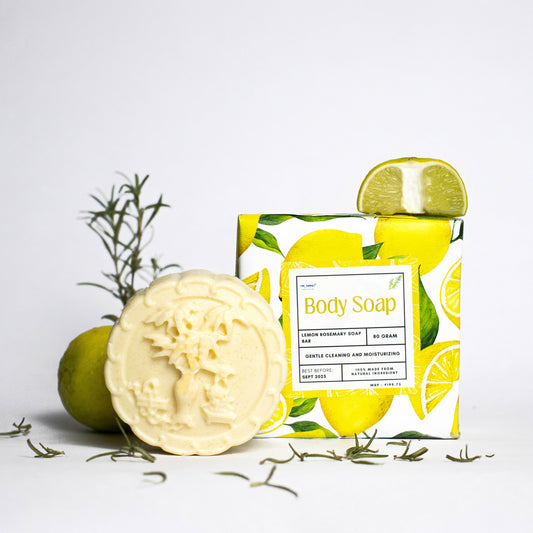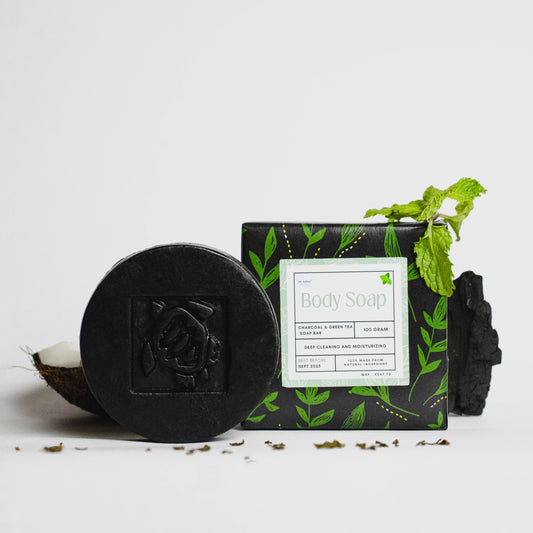Table of Content
Beyond the Basics: Exploring the Diverse Landscape of Organic Honey Soap:
Choosing the Right Organic Honey Soap for You:
Unlocking the Potential of Organic Honey Soap:
Ready to Experience the Honeyed Bliss?
The quest for radiant, healthy skin often leads us down a path filled with countless products and conflicting advice. But what if the answer lies in a simple, natural ingredient: honey? Best organic honey soap has emerged as a popular choice for those seeking a gentle yet effective way to achieve a luminous complexion. This comprehensive guide delves into the world of organic honey soap, exploring its potential benefits, diverse options, and how it can become a valuable addition to your skincare routine.
The Buzz on Honey's Benefits:
Honey, a natural humectant, boasts unique properties that can contribute to healthier, more radiant skin:
- Moisturizing and Nourishing: Honey attracts and retains moisture, helping to keep skin hydrated and supple. It also contains natural sugars and other nutrients like vitamins, minerals, and antioxidants, which can nourish the skin and promote a healthy glow. Studies have shown that honey can effectively improve skin hydration and reduce dryness, especially when compared to other cleansers. A 2016 study published in the journal "International Journal of Dermatology" found that honey-based cleansers significantly improved skin hydration and elasticity compared to a soap-based cleanser.
- Gentle Cleansing: Best organic honey soap cleanses the skin without stripping away its natural oils, making it suitable for even sensitive skin types. Unlike harsh chemical cleansers that can disrupt the skin's delicate barrier, honey's gentle nature helps maintain the skin's natural balance. This can be especially beneficial for those prone to dryness, irritation, or eczema.
- Antibacterial Properties: Honey possesses natural antibacterial and antimicrobial properties, potentially aiding in preventing breakouts and promoting clearer skin. Research suggests that honey can inhibit the growth of certain bacteria associated with acne, such as Propionibacterium acnes. A 2017 study published in the journal "Complementary Therapies in Medicine" found that honey applied topically was effective in reducing acne vulgaris.
Beyond the Basics: Exploring the Diverse Landscape of Organic Honey Soap:
The world of best organic honey soap offers a variety of options to cater to individual needs and preferences:
- Pure Honey Soaps: These soaps contain primarily raw or organic honey, offering a potent dose of honey's natural benefits. They are ideal for those seeking the full experience of honey's cleansing and nourishing properties, and are often favored by those with minimal skin concerns or who prefer a minimalist approach to skincare.
- Blended Soaps: Explore options infused with complementary ingredients like:
- Oils: Coconut oil, olive oil, shea butter, or cocoa butter for added hydration and nourishment, suitable for dry, mature, or sensitive skin.
- Clays: Kaolin or bentonite clay for gentle detoxification and oil absorption, beneficial for oily or combination skin. These clays can help remove excess oil and impurities without stripping the skin of its natural moisture.
- Exfoliating elements: Ground oats, jojoba beads, or finely ground pumice for gentle removal of dead skin cells, promoting smoother and brighter skin. Opt for gentle exfoliating elements suitable for your skin type to avoid irritation.
- Essential oils: Lavender, chamomile, or tea tree oil for additional benefits like relaxation, soothing properties, or potential antibacterial effects. Choose essential oils that complement your desired experience and address specific concerns.
Choosing the Right Organic Honey Soap for You:
Selecting the best organic honey soap for your needs requires considering a few key factors:
- Skin Type:
- Dry or Sensitive Skin: Opt for pure honey soaps or those blended with hydrating oils like shea butter or coconut oil. Choose fragrance-free options to minimize irritation. Look for soaps labeled as "gentle" or "sensitive skin friendly."
- Oily or Combination Skin: Consider soaps blended with clay for oil absorption or gentle exfoliating elements for smoother texture. Look for soaps labeled as "balancing" or "purifying."
- Mature Skin: Choose soaps blended with nourishing oils and ingredients like collagen or hyaluronic acid to support skin elasticity and hydration.
- Desired Benefits: Choose soaps with additional ingredients based on your specific needs. For example, opt for soaps with:
- Tea tree oil: For potential acne-fighting properties.
- Oatmeal: For soothing irritated or itchy skin.
- Lavender or chamomile essential oils: For a relaxing and calming experience.
- Ingredient Quality: Look for soaps made with raw or organic honey and other natural, high-quality ingredients. Avoid soaps containing harsh chemicals, artificial fragrances, or synthetic additives. Look for certifications like USDA Organic or Cosmos Natural to ensure the quality and ethical sourcing of ingredients.
Unlocking the Potential of Organic Honey Soap:
To maximize the benefits of best organic honey soap and create a truly nourishing skincare ritual,, follow these simple tips:
- Create a Rich Lather: Use warm water to create a rich lather with the soap. Gently massage the lather onto your skin, focusing on areas prone to dryness or blemishes. Avoid excessive scrubbing, as even Organic Honey Soap can be slightly abrasive, especially for sensitive skin.
- Gentle Cleansing: Focus on gentle yet thorough cleansing, massaging the lather for approximately 20-30 seconds. Rinse thoroughly with lukewarm water to remove any soap residue. Pat your skin dry with a soft towel instead of rubbing.
- Moisturize After Cleansing: As with any cleansing routine, follow up with a moisturizer suitable for your skin type. Honey can be slightly softening, so using a moisturizer helps maintain hydration and prevent dryness. Choose a moisturizer that complements the properties of your chosen organic honey soap.
- Introduce Gradually: If you're new to organic honey soap, introduce it gradually into your routine, starting with 2-3 times per week. Monitor your skin for any signs of irritation and adjust usage accordingly. Some people may experience mild purging (temporary breakouts) as their skin adjusts to the new product. If this occurs, reduce usage or discontinue use if necessary.
Also Read:- Winter Woes Be Gone: Combat Dryness Naturally with Winter-Loving Soaps





